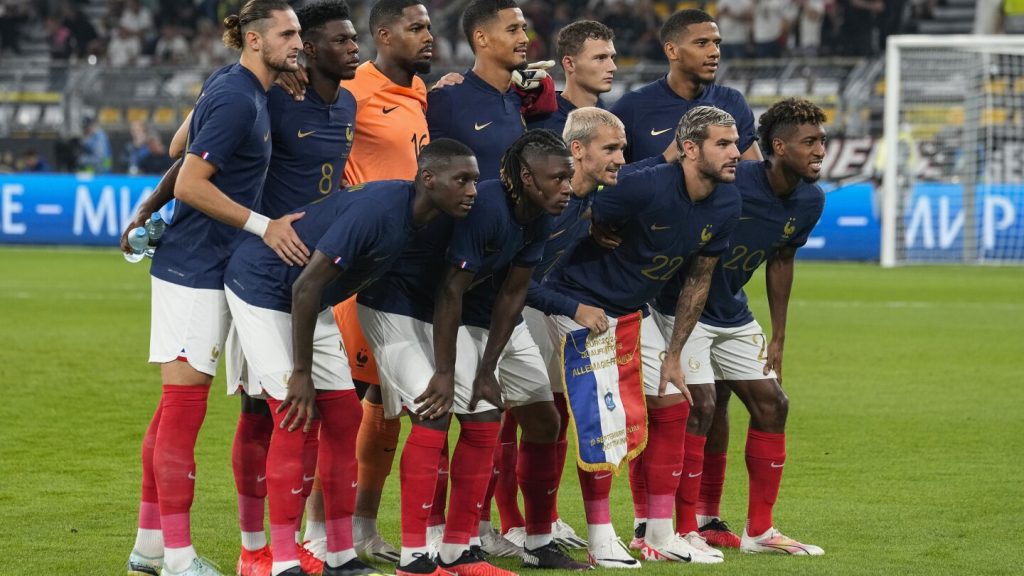Muslim soccer players in France face challenges in observing Ramadan due to the country’s strict adherence to secularism. The French Soccer Federation refuses to accommodate fasting players during training camps, practices, or matches, citing the principle of religious neutrality. This has sparked outrage among left-wing politicians, coaches, and former players, who accuse the federation of religious discrimination. While Muslim players in neighboring countries like Germany, England, and the Netherlands are allowed breaks to fast, French soccer officials maintain a rigid stance against such accommodations.
Critics argue that France’s approach goes against the trend in other Western countries, where clubs have adjusted training schedules to support players fasting during Ramadan. In the English Premier League, captains can arrange for breaks to allow Muslim players to break their fast during matches. In contrast, French clubs like Nantes have strict rules against fasting on game days, with players being excluded from the lineup if they choose to fast. The controversy over Ramadan accommodations has highlighted the debate on secularism in France, with some pointing to the country’s constitution that guarantees equality for all citizens regardless of religion.
Former Senegal international player Demba Ba, who is Muslim, has spoken out about his experiences fasting during Ramadan while playing in Europe, including in the English Premier League. He believes that French soccer’s reluctance to accommodate fasting players erases their identity and amounts to religious discrimination. Despite the objections, the French Soccer Federation maintains its position, stating that fasting players are allowed to skip meals and receive medical advice. The federation denies accusations of religious discrimination and insists that players who choose to postpone their fasting days will have a valid excuse in the eyes of religious authorities.
The debate over Ramadan accommodations in French soccer has reignited discussions on secularism in the country, with some supporting the federation’s stance as a way to protect Muslim players who do not fast. Critics argue that the strict rules are unfairly imposed on Muslim players and constitute religious discrimination. The issue is reminiscent of past controversies, including the ban on headscarves in competitions, which drew backlash from Muslim players. Despite the tensions, the French Soccer Federation remains firm in its position, emphasizing the importance of maintaining a neutral approach in training camps and practices. The ongoing debate reflects the complexities of balancing religious freedom with secular principles in the context of professional sports.


